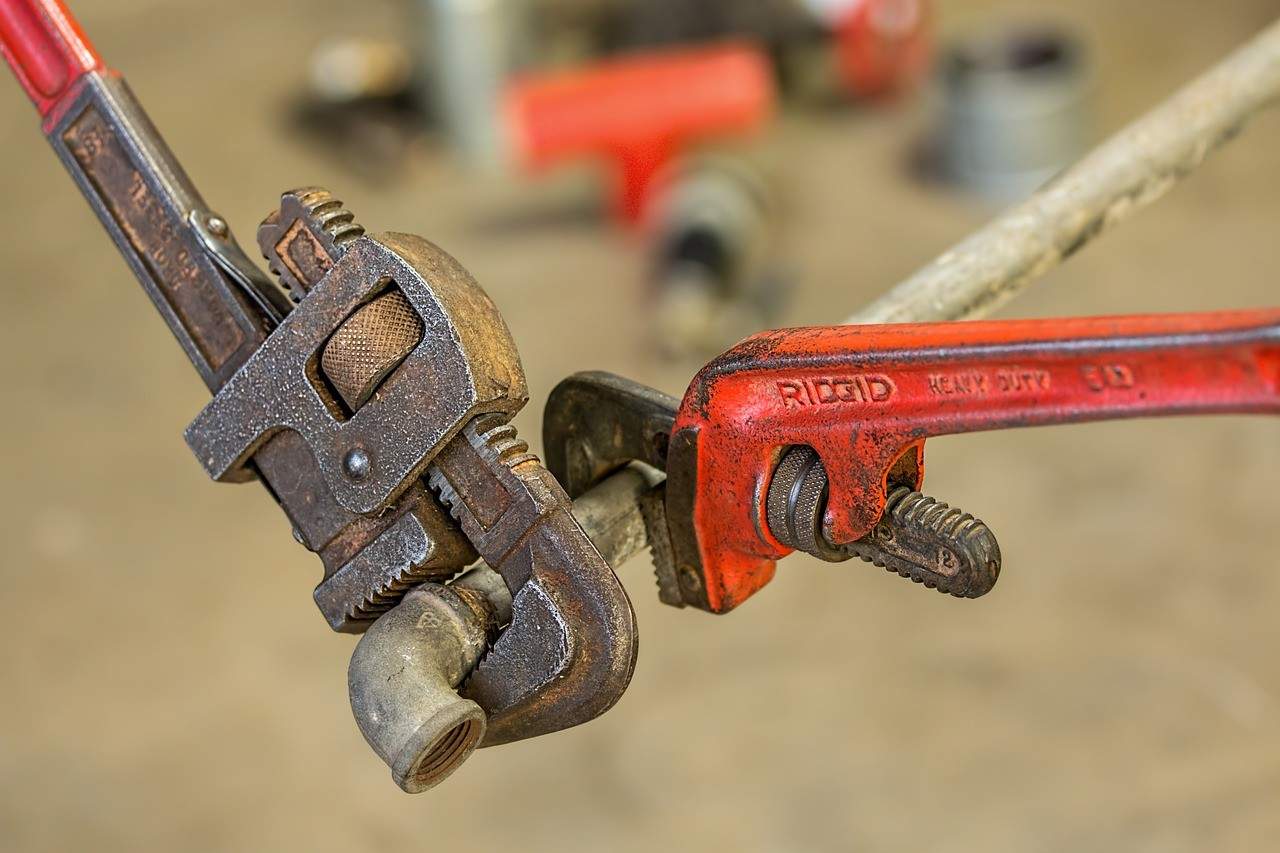Last updated on December 13th, 2023 at 12:05 pm
Plumbing issues, including clogs and leaks, account for approximately 10% of all household water usage. A smoothly functioning plumbing system is essential for the comfort and safety of your home. This includes not only your plumbing fixtures but also your home boiler and heating system.
However, plumbing issues like clogs and leaks can disrupt your daily routine and lead to costly repairs. Fortunately, many plumbing problems can be prevented with proper maintenance and care. In this article, we’ll explore top tips to help you prevent clogs and leaks in your plumbing system, including those related to your home boiler and heating system.
Regularly Inspect Your Pipes
One of the most effective ways to prevent plumbing issues is through regular inspections. Periodically check your pipes for signs of corrosion, rust, or visible leaks. Identifying problems early can save you from more extensive damage and costly repairs down the line. This practice is particularly crucial for your home boiler and heating system, as any leaks or corrosion can affect their efficiency and safety. If you find you are in need a boiler repair, make sure you find a local specialist in your area who is Gas Safe registered.
Avoid Overloading Garbage Disposals
Garbage disposals are convenient kitchen appliances, but they can easily become overwhelmed. Avoid disposing of items like large bones, fibrous vegetables, and cooking oils down the disposal, as these can lead to clogs and damage over time. This advice extends to your home heating system as well, as disposing of certain materials, such as paint or chemicals, down the drain can lead to problems in your boiler’s water supply.
Use Drain Strainers
Sink and shower drain strainers are inexpensive and highly effective tools for preventing clogs. These simple devices catch hair, soap residue, and debris before they can enter your pipes. Regularly clean out the strainers to maintain their effectiveness. This can also prevent debris from reaching your home heating system, ensuring it operates efficiently.
Mind What You Flush
Your toilet should only be used to flush human waste and toilet paper. Flushing items like paper towels, sanitary products, or baby wipes can lead to stubborn clogs. Teach everyone in your household what can and cannot be flushed to avoid unnecessary plumbing issues. Additionally, avoid using the toilet as a disposal for cleaning chemicals or solvents, as these can harm both your plumbing and heating systems.
Monitor Water Pressure
Excessively high water pressure can stress your plumbing system, potentially leading to leaks or burst pipes. Invest in a water pressure gauge and ensure your pressure is within the recommended range. If it’s too high, consider installing a pressure-reducing valve. Maintaining appropriate water pressure is crucial for the safe and efficient operation of your home boiler and heating system. Read our guide if your boiler is losing pressure and how you can resolve the issue at home.
Insulate Pipes in Cold Weather
During cold winters, uninsulated pipes can freeze and burst, causing extensive damage. Insulate exposed pipes in unheated areas of your home, such as the basement or attic. Proper insulation can prevent costly repairs and water damage. It’s especially important for the pipes that supply water to your home heating system, as any disruption can lead to heating inefficiencies and potentially leave you without heat during the winter.
Schedule Professional Inspections
While regular DIY inspections are valuable, it’s essential to have a professional plumber inspect your plumbing system periodically. They can identify issues that may not be visible to the naked eye, such as hidden leaks or deteriorating pipes. Regular professional maintenance can save you from major plumbing emergencies and ensure your home boiler and heating system are operating safely and efficiently.
Don’t Ignore Dripping Faucets
A dripping faucet may seem like a minor annoyance, but it can waste a significant amount of water over time and indicate a potential leak. Address dripping faucets promptly to save water and prevent damage to your plumbing. Additionally, a dripping faucet can affect the water supply to your home heating system, potentially causing inefficiencies.
Be Cautious with Chemical Drain Cleaners
Chemical drain cleaners can sometimes clear clogs, but they can also damage your pipes and harm the environment. Instead of relying on harsh chemicals, consider using natural methods like a mixture of baking soda and vinegar to tackle minor clogs. This eco-friendly approach also benefits your home heating system, as it avoids introducing harmful chemicals into its water supply.
Upgrade Old Plumbing Fixtures
If your home has outdated plumbing fixtures, consider upgrading to more efficient and water-saving models. Newer fixtures are not only eco-friendly but also less prone to leaks and clogs. When upgrading, ensure that your new fixtures are compatible with your home heating system and boiler to maintain optimal performance. If you are in need of installing a new boiler or central heating system, contact professional fitters who can ensure your home is warm and everything is running efficiently.
Closing Thoughts
Preventing clogs and leaks in your plumbing system is essential for maintaining the integrity of your home and saving on repair costs. By following these top tips, you can proactively care for your plumbing system, ensuring it remains in good working condition.
Remember that a combination of regular inspections, responsible use, and professional maintenance is the key to a trouble-free plumbing system and the efficient operation of your home boiler and heating system. Prioritise preventive measures, and you’ll enjoy a smoothly flowing, leak-free, and warm home for years to come.


